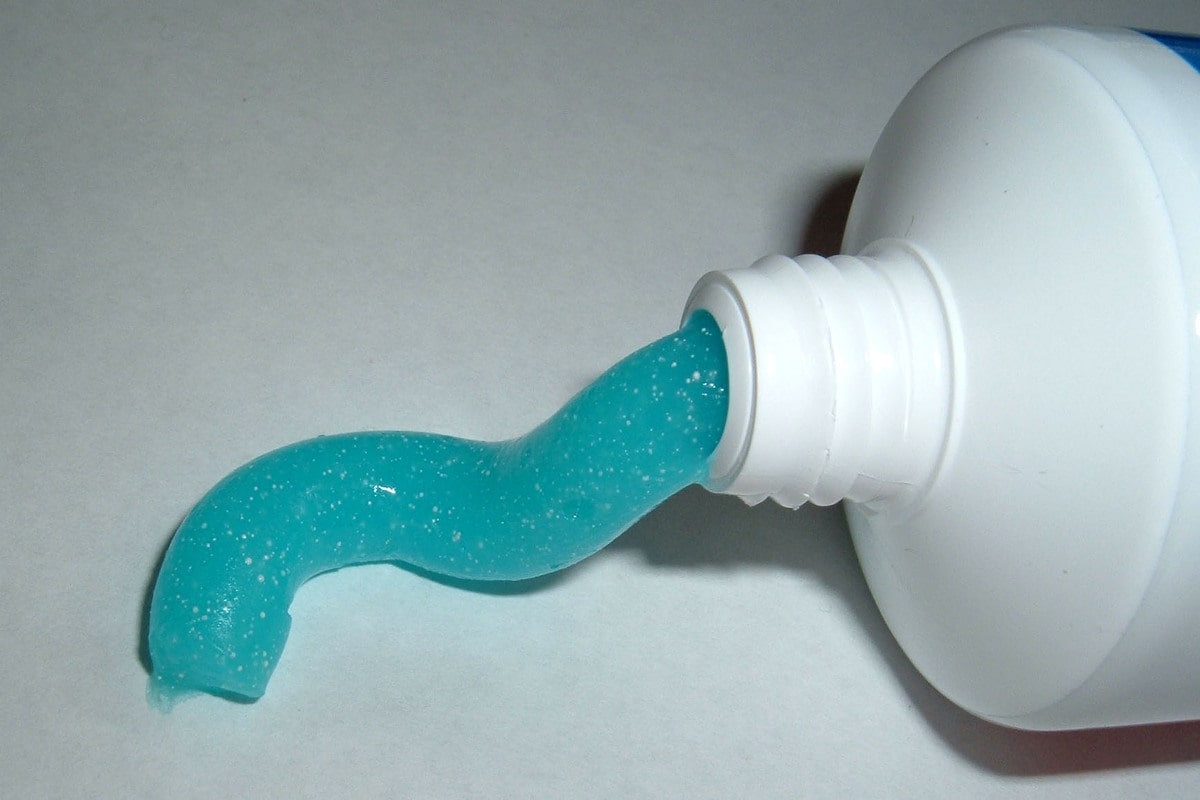Triclosan an antimicrobial and antifungal agent commonly used in most of the consumer products like shampoos, deodorants, toothpastes, etc. can disrupt bacterial communities found in the gut says a new study from Oregon State University. Triclosan continues to be used in medical settings, and can be easily absorbed through the skin. The research was published in PLOS ONE. The study was done in zebrafish, which is believed to be an important animal model to help determine possible human biological and health impacts of triclosan.
The study unveiled that triclosan exposure caused rapid changes in both the diversity and composition of the microbiome in the laboratory animals. Some bacteria (family Enterobacteriaceae) were more susceptible to the impact of triclosan and others were more resilient (genus Pseudomonas). However, implication on animal or human health is unclear. The gut-associated microbiome performs vital functions for human health, prevents colonization with pathogens, stimulates the development of the immune system, and produces micronutrients needed by the host. It is believed that compromising of the bacteria in the intestinal tract may contribute to the development or severity of disease.
According to scientists, part of the strength of the present study is developing improved ways, through rapid screening of zebrafish, to more easily determine which compounds may be acceptable and which are toxic. This study showed triclosan was quickly associated with shifts in the microbial community structure and can alter the abundance of specific taxa.

